Pediatric Providers
Identify and diagnose mental health disorders sooner in children.
The peak age of onset for mental disorders is 14.5 years with nearly 50% of lifetime mental illnesses taking root by the age of 18, and 62.5% by the age of 25, according to a meta-analysis of 192 studies. It has never been more important to uncover mental disorders early in life.
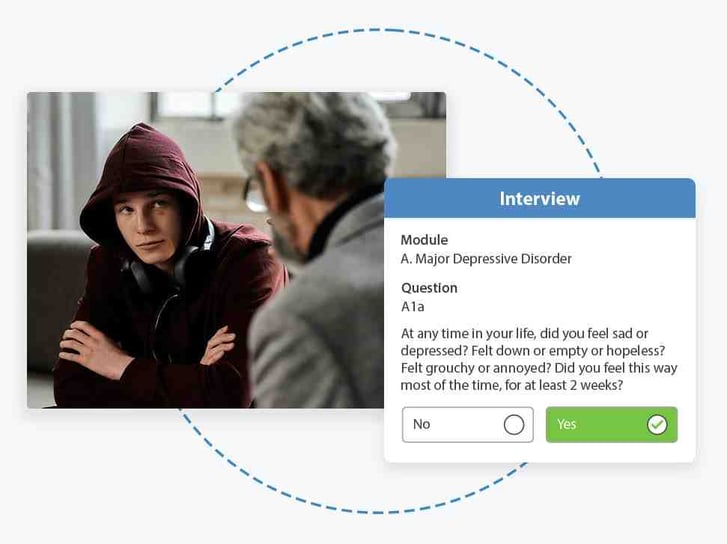
Making it Easy to Help Pediatric Patients
with their Mental Health
The average time from onset of the first symptom to correct mental illness diagnosis is approximately 11 years. Proem solutions give pediatric care providers the tools they need within their workflow to accurately screen and assess children starting at the age of 6, helping providers and parents avoid future complications.

Minimize Suicidality of Teenagers
Suicide rates for children and young adults aged 10-24 increased 60% from 2007 to 2018 (Source: Centers for Disease Control). Proem's licensed assessments help detect suicidal intentions early so providers can intervene and get children the help they need.

Identify Co-Occurring Disorders
Many mental disorders like body dysmorphic disorder and binge eating co-occur in young people, increasing their risk of suicide. The Proem solution includes BDD-YBOCS scale for body dysmorphia and multiple other scales to identify co-occurring mental health disorders.

Obtain a 360° View of Patient's Mental Health
Proem allows the pediatrician to get a 360 view of the patient by getting kids and their parents to complete the online assessments with ease. Pediatricians can then compare the perspectives of the child’s wellbeing to make the most informed decisions.
How It Works
4 Simple Steps to Help Pediatricians Provide Proactive Mental Health Care while Minimizing Disruption
Patients complete a comprehensive electronic screener to create a mental health baseline of the most common diagnosed conditions, enabling providers to address concerns proactively before the moment of crisis.
Patients with mental health complaints and high-risk individuals complete one all-inclusive instrument online before appointments to help providers make the correct diagnosis and properly treat or triage patients.
Automated diagnosis-specific monitoring tools provide a consistent point of view and follow patient progress in symptom improvement and functional capacity. Therapeutic alliance also available.
Data from the care process is visualized on dynamic patient and management dashboards, enabling practices to demonstrate that getting the diagnosis right delivers optimal clinical and financial results.
Automated Workflow
Proem Delivers Patient Data to Support Clinical Decisions
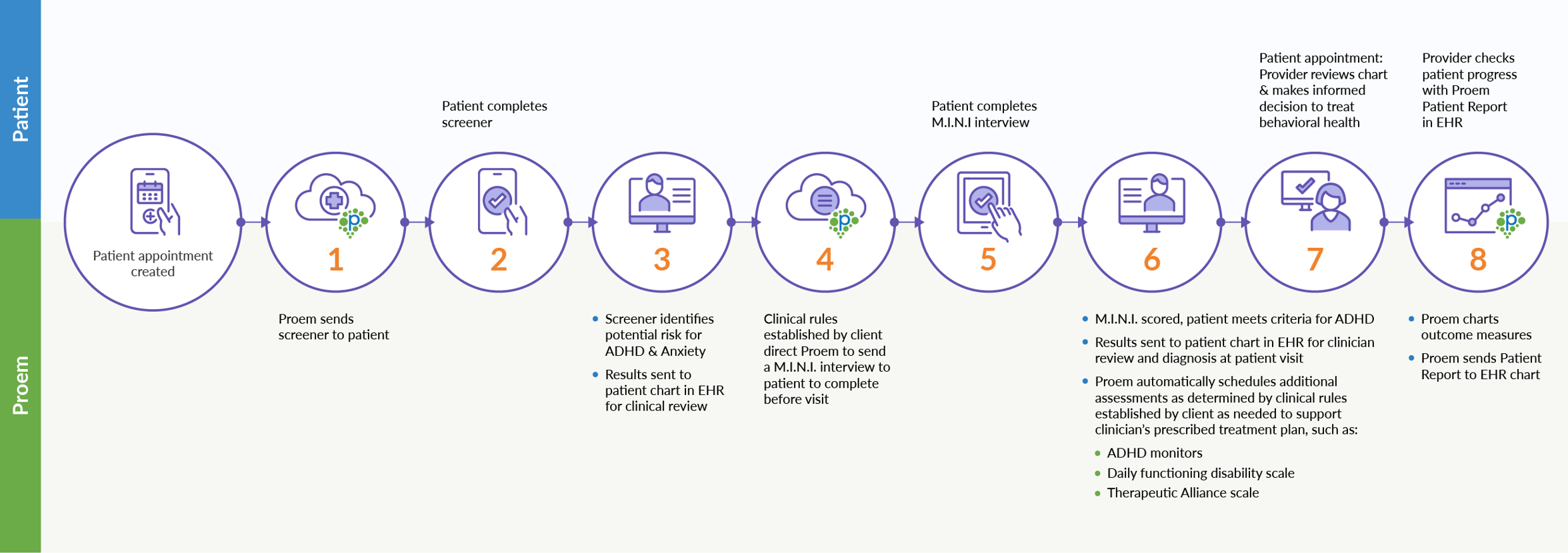
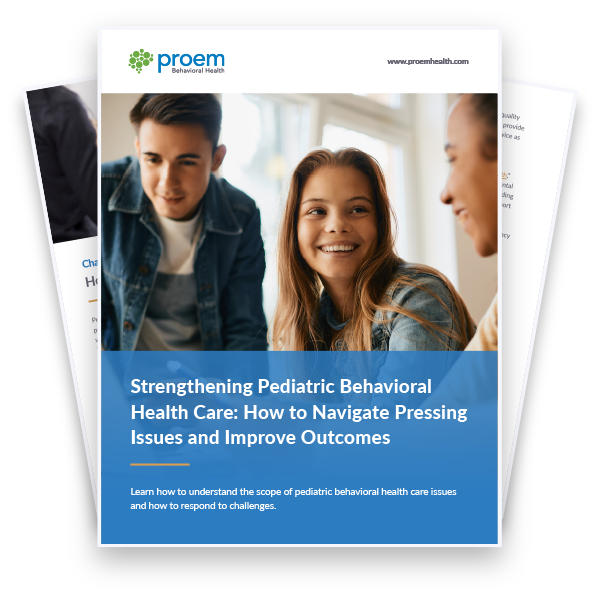
eBook
How We're Different
Helping Treat Mental Illness in Children
When it comes to childhood development, physical health is heavily measured, monitored and nurtured. Proem makes it easy to do the same with mental health.
-
Gold-standard measurements and scales fit within the pediatrician’s workflow.
-
Multi-dimensional screeners and assessments go beyond depression and anxiety to uncover co-occurring conditions.
-
Outcome and severity measurement tools help pediatric care providers adjust therapies that aren’t working or continue those that are working.
-
Data collected at every step provides documentation needed for reimbursement of mental health services provided.
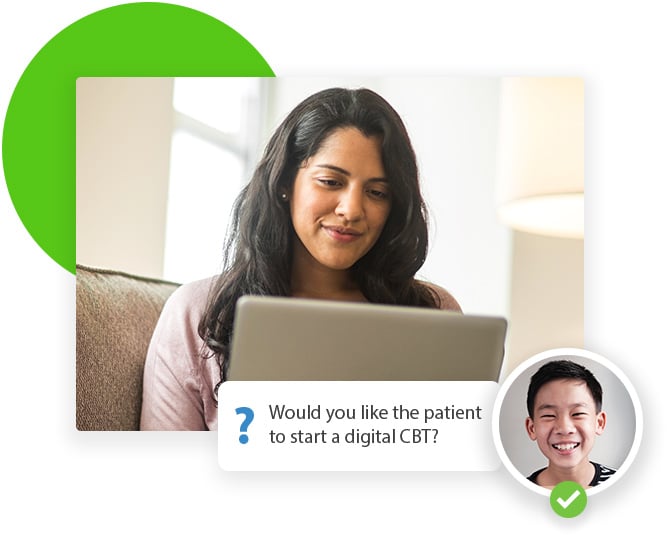
Case Studies

Dr. George uses the Proem licensed digital assessment for children and adolescents to assess complex cases that are often referred to him from area primary care physicians, therapists, and psychiatrists. Prior to using Proem, Dr. George used a series of self-developed, pen-and-paper checklists and tools as part of his evaluations.
Todd George, PsyD
Frisco Primary Care physicians use Proem’s licensed digital screener to identify if a patient screens positive for one or more of the commonly diagnosed DSM-5 conditions, then runs Proem’s comprehensive licensed digital assessment to dig deeper into the condition(s). Having this data from the screeners and assessments not only helps the physicians make a more accurate diagnosis more quickly, but it also enables Frisco Primary Care to bill for additional tests and demonstrate medical necessity to its payers.
Karen Gore-Brown, MHA, MBA, ACHE

Study: Partners in Caring for Anxious Youth, funded by Patient Center Outcomes Research Institute.
The study is a clinical trial comparing the effectiveness of evidence-based treatments for child and adolescent anxiety. The study compares the use of cognitive behavioral therapy (CBT) alone to CBT plus medication treatment to see which is more effective at achieving anxiety symptom remission and functional improvement at 6 and 12 months. Proem licensed digital assessments are being used to eliminate bias when selecting patients for the study.
Ann and Robert H. Lurie Children’s Hospital of Chicago

Study: The Australian Child Maltreatment Study.
This study uses data gathered from Proem licensed digital assessments to study 8,500 Australians who experienced child abuse and neglect in their childhood and adolescence to examine associations with a wide range of physical and mental health outcomes. The study is one of the most comprehensive studies on child maltreatment ever conducted and is intended to inform policy and practice reforms to reduce child abuse and neglect in Australia.
Queensland University of Technology
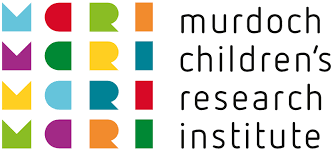
Study: The Childhood to Adolescence Transition Study.
This study uses the Proem licensed digital child assessment to gather data for a longitudinal study of children as they move into high school and through adolescence to understand the many influences on the health and emotional adjustment of children as they approach their teens. This is the first study in Melbourne to look at a population sample of children with this focus.
Murdoch Children’s Research Institute
One mission. Two ways.
At Proem Behavioral Health, our mission is to ease the pain of mental illness by helping healthcare providers and clinical researchers help more people. We do that in two ways: through our comprehensive software platform and our exclusively licensed digital mental health assessments.
The Proem Platform
Experience workflow efficiencies, consistent processes and documented outcome measures with a digital behavioral health assessment platform.
Gold-standard Measurements
Just need access to the best mental health assessment tools available to help screen, diagnose and/or monitor patients or trial/study participants?





.png)

